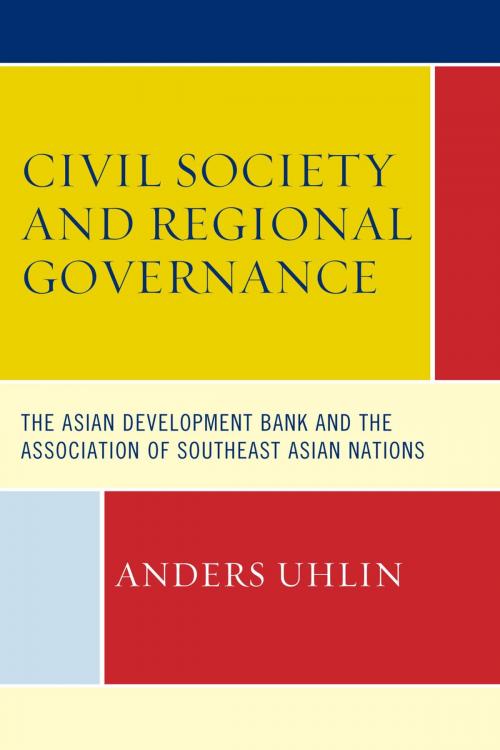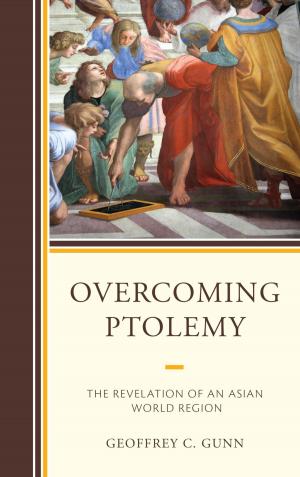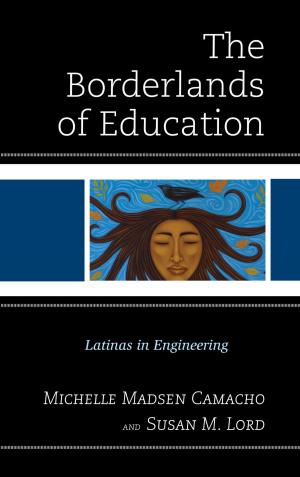Civil Society and Regional Governance
The Asian Development Bank and the Association of Southeast Asian Nations
Nonfiction, Social & Cultural Studies, Political Science, Government, Public Policy, International| Author: | Anders Uhlin | ISBN: | 9781498517843 |
| Publisher: | Lexington Books | Publication: | September 12, 2016 |
| Imprint: | Lexington Books | Language: | English |
| Author: | Anders Uhlin |
| ISBN: | 9781498517843 |
| Publisher: | Lexington Books |
| Publication: | September 12, 2016 |
| Imprint: | Lexington Books |
| Language: | English |
Through detailed comparative case studies of civil society engagement with two major regional international organizations in Southeast Asia this book demonstrates the potentials and limitations of civil society actors as democratizing agents in governance beyond the nation-state. Drawing on previous research on civil society, social movements, transnational activism, and democratization, Uhlin develops an analytical framework focusing on a) how national and international political opportunities shape—and are shaped by—civil society advocacy; b) how civil society activists frequently combine inside and outside strategies when targeting international organizations; and c) how civil society advocacy can have a liberalizing impact on the targeted international organizations. Drawing on rich empirical data, including more than 100 qualitative interviews with civil society activists and representatives of the Asian Development Bank (ADB) and the Association of Southeast Asian Nations (ASEAN), the study demonstrates how civil society actors have contributed to pushing ADB—and to a much lesser extent ASEAN—in a political liberal direction, improving transparency, strengthening accountability, and introducing mechanisms protecting people from the abuse of power. With its innovative analytical framework, broad scope covering civil society activism across Southeast Asia, and in-depth analysis of civil society attempts to influence ADB and ASEAN the book makes important contributions to research on civil society activism in Southeast Asia as well as the more general field of civil society and governance beyond the nation-state.
Through detailed comparative case studies of civil society engagement with two major regional international organizations in Southeast Asia this book demonstrates the potentials and limitations of civil society actors as democratizing agents in governance beyond the nation-state. Drawing on previous research on civil society, social movements, transnational activism, and democratization, Uhlin develops an analytical framework focusing on a) how national and international political opportunities shape—and are shaped by—civil society advocacy; b) how civil society activists frequently combine inside and outside strategies when targeting international organizations; and c) how civil society advocacy can have a liberalizing impact on the targeted international organizations. Drawing on rich empirical data, including more than 100 qualitative interviews with civil society activists and representatives of the Asian Development Bank (ADB) and the Association of Southeast Asian Nations (ASEAN), the study demonstrates how civil society actors have contributed to pushing ADB—and to a much lesser extent ASEAN—in a political liberal direction, improving transparency, strengthening accountability, and introducing mechanisms protecting people from the abuse of power. With its innovative analytical framework, broad scope covering civil society activism across Southeast Asia, and in-depth analysis of civil society attempts to influence ADB and ASEAN the book makes important contributions to research on civil society activism in Southeast Asia as well as the more general field of civil society and governance beyond the nation-state.















